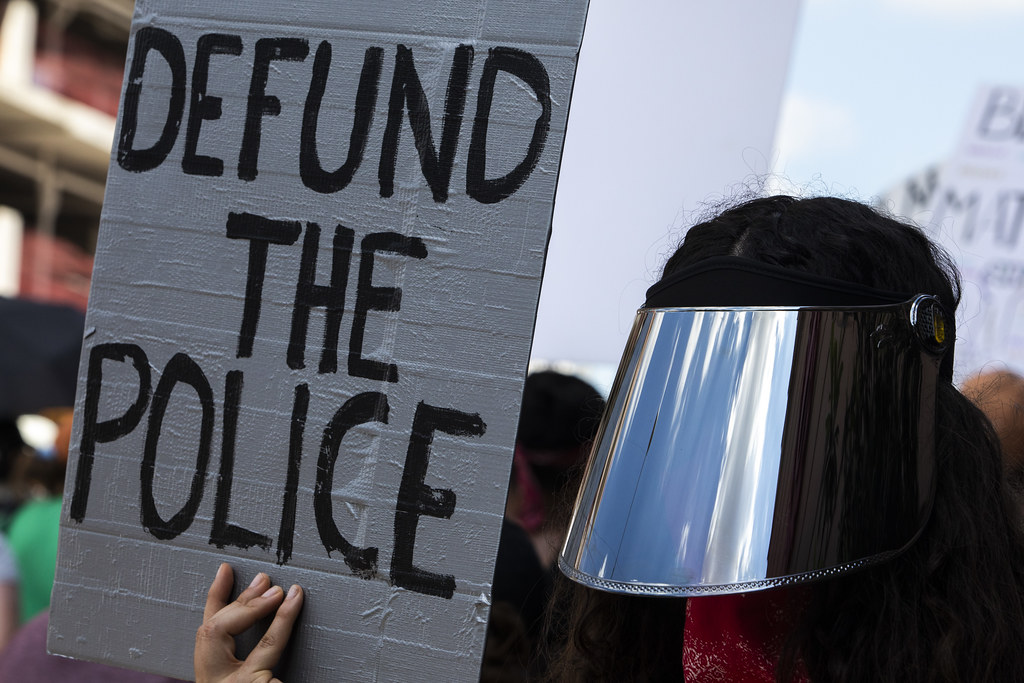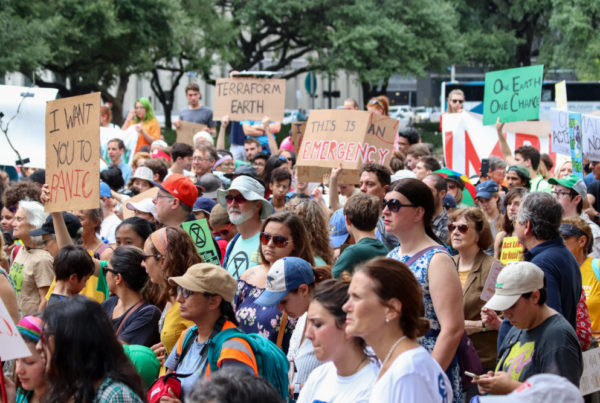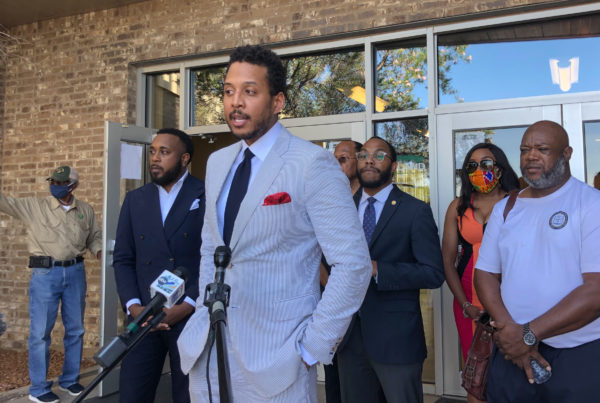When Black Lives Matter protesters raise signs that say, “defund the police,” the slogan does not necessarily mean, in the most literal sense, to stop funding law enforcement entirely.
For some abolitionist-oriented protestors, defunding means exactly that, but for others it is a more nuanced call for reform and reallocation of funds to social services.
William Kelly is a professor of sociology and director of the Center for Criminology and Criminal Justice Research at the University of Texas at Austin. He told Texas Standard host David Brown Monday that the excesses of law enforcement are rooted in the lack of funding for social services like public health, mental health and addiction treatment.
“We need to think carefully about what we want law enforcement to do and to not do,” Kelly said. “They’re not psychologists; they’re not psychiatrists. They shouldn’t be handling mental health issues.”
Kelly also pushes for a much broader focus on community policing; a criminal justice concept involving allocation of officers to smaller communities to establish relationships with local residents.
“[Community policing] enhances the flow of information both ways. It’s focused on problem-solving and, importantly, sort of foraging a path between law enforcement and the community and helps to mitigate many of those negative feelings that persist today,” Kelly said.
However, this can run counter to the idea of defunding, because community policing requires additional resources.
“Defunding law enforcement, as well-intentioned as that might be to transfer funds to other social services, also defunds community policing efforts,” Kelly said.
One thing Kelly said, is not up for debate: law enforcement is not effectively enhancing public safety, and must be reformed.
Web story by Sarah Gabrielli.















